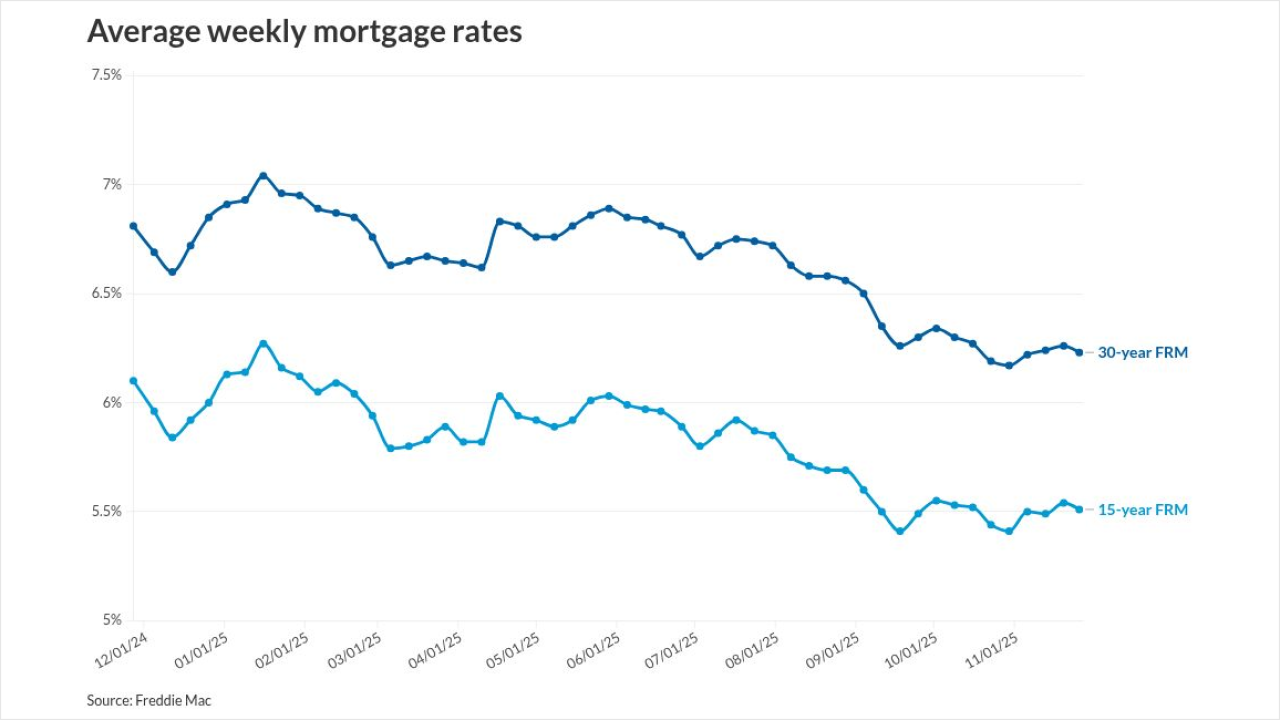WASHINGTON — Consumer Financial Protection Bureau Director Kathy Kraninger has told Congress that she plans to extend the “qualified mortgage” patch that grants Fannie Mae and Freddie Mac a temporary exemption from the agency's underwriting rule, according to a news report.
Kraninger's letter to lawmakers, first reported by Politico, was cited by numerous analysts over the weekend after the news outlet obtained it.
The CFPB's QM regulation requiring lenders to verify their borrowers' ability to repay includes protection for a category of loans with certain features, including a 43% debt-to-income limit. But the rule, which was issued in 2013 and took effect in 2014, included a provision that allowed all mortgages backed by Fannie and Freddie to get QM status, even with a higher DTI ratio.
However, the “QM patch” enjoyed by the government-sponsored enterprises is set to expire in January 2021. In July, Kraninger said she was
In a letter to members of Congress obtained by Politico, Kraninger reportedly committed to that short-term extension.
In an advance notice of proposed rulemaking the CFPB put forward in July, the agency
Kraninger reportedly told lawmakers in the letter that the CFPB would likely phase out using debt-to-income ratios to evaluate a borrower’s ability to repay a loan.
In the notice of proposed rulemaking, the bureau also asked for public comment on several amendments to the QM rule, including if “mortgage” as defined in Regulation Z should be revised, whether the QM definition should take into account other methods for assessing a borrower’s ability to repay and whether or not Appendix Q — which sets standards for documenting income to determine whether a loan qualifies for QM — should be replaced.
Opponents of the QM patch have long argued that the exemption for Fannie and Freddie gives the mortgage giants an edge that makes competition more difficult. But others contend that if the patch were to expire, GSE-backed loans that take advantage of the QM patch would become entrenched in legal challenges that would risk upending the mortgage market.




